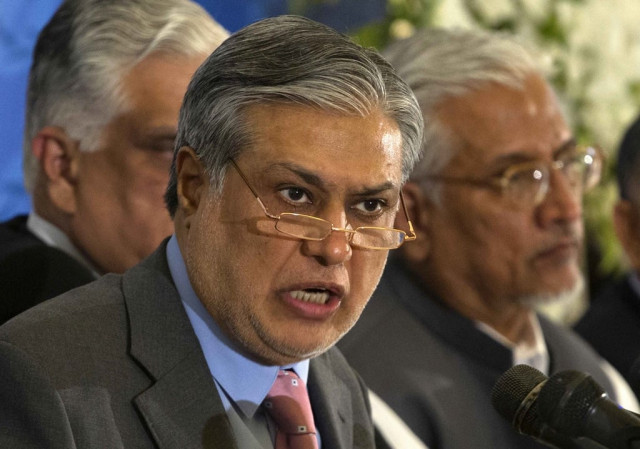The mini-budget addiction
We believe that this is a violation of both the letter and the spirit of the Constitution

To even suggest that failing to increase prices of such a fuel, while preventing a price reduction of the much more necessary fuels like petrol and diesel, is at best disingenuous. PHOTO: REUTERS
Firstly, the government tried to pass off the tax increase as some sort of a populist move, trying to divert attention on the decision to keep prices of high-octane blended component (HOBC) constant, when in fact Ogra had proposed increasing them dramatically. HOBC is used entirely by luxury cars. To even suggest that failing to increase prices of such a fuel, while preventing a price reduction of the much more necessary fuels like petrol and diesel, is at best disingenuous and at worst outright duplicitous. Our second problem with this tax is the fact that the finance ministry has got into a nasty habit of making changes to the tax code without so much as pretending to consult parliament. We have stated before that we believe that this is a violation of both the letter and the spirit of the Constitution, which gives the sole power of determining tax rates to parliament, specifically the National Assembly. If the government is not letting the elected representatives of the people debate and vote on changes to tax policy, how can it claim that any of its decisions have a democratic mandate? But to these institutional questions, it seems, nobody in Islamabad is paying attention.
Published in The Express Tribune, May 5th, 2015.
Like Opinion & Editorial on Facebook, follow @ETOpEd on Twitter to receive all updates on all our daily pieces.



















COMMENTS
Comments are moderated and generally will be posted if they are on-topic and not abusive.
For more information, please see our Comments FAQ